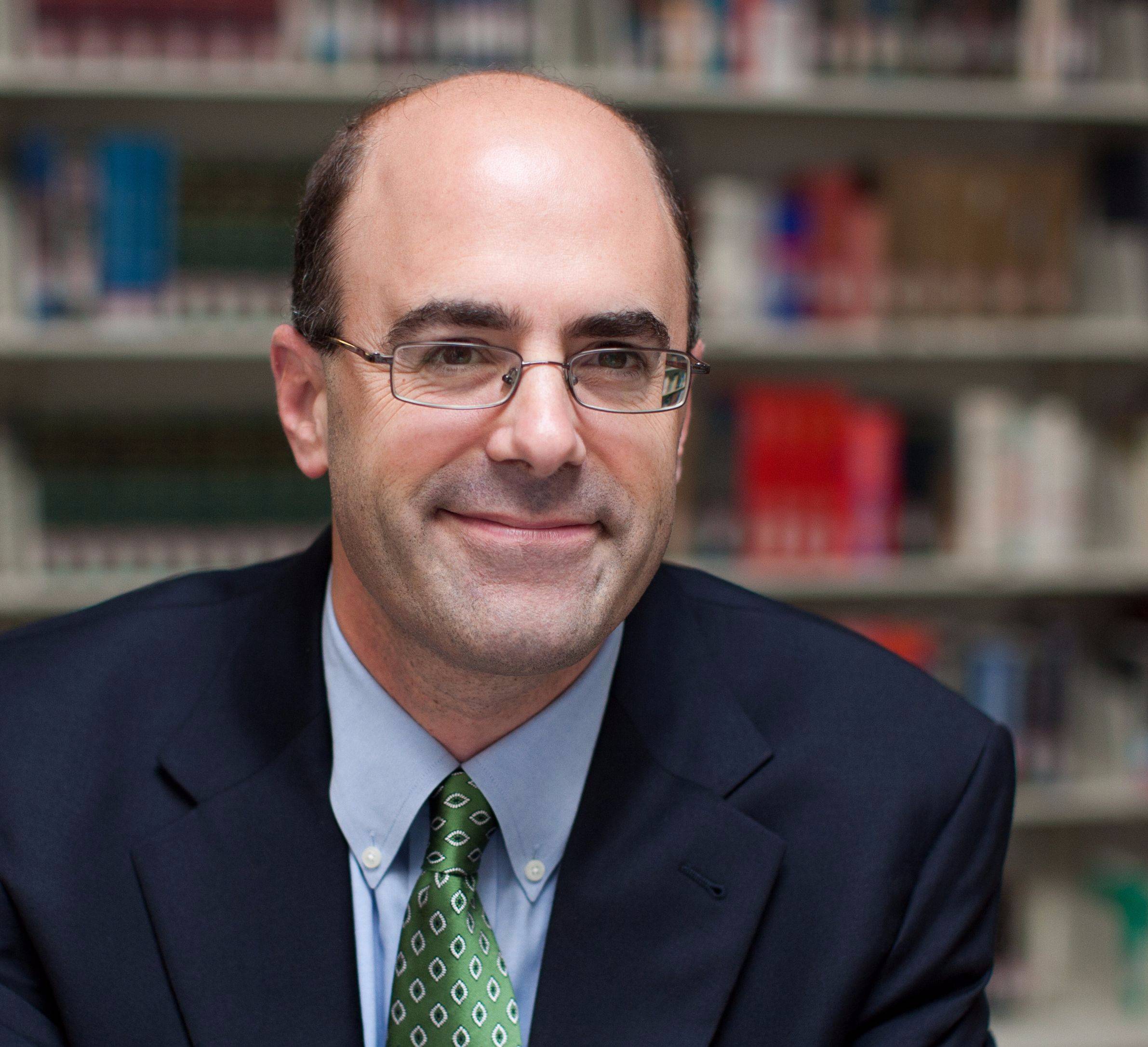- Home
- News
- Useful After All: The Liberal Arts Degree as a Foundation for Lifelong Professional Agility
Useful After All: The Liberal Arts Degree as a Foundation for Lifelong Professional Agility
by Peter Laipson
A recent Forbes article by George Anders, “That ‘Useless’ Liberal Arts Degree Has Become Tech’s Hottest Ticket,” has been making the rounds in liberal arts educational circles. Anders’ provocative claim is there are huge opportunities in the tech sector for graduates outside of STEM fields – and, as the pace of automation increases, those opportunities are only going to multiply.

Anders suggests that, in contrast to tech specialists like engineers, liberal arts graduates possess important business “soft skills,” such as the capacity to ‘read the room’ or ‘build relationships.’ This may be true, but his examples demonstrate that a liberal arts degree provide lots of other, more clearly defined competencies. These include the ability to write clearly, to form a compelling argument, and to evaluate a claim in historical perspective…all the skills needed to mediate between the products developed by tech specialist and their end users.
To get the full picture, Anders’ piece should be read in tandem with Robert Charette's article, “The STEM Crisis is a Myth,” published on August 30, 2013 in Spectrum, the online publication of IEEE, the Institute of Electrical and Electronics Engineers. Charette confirms and amplifies Anders' point that the greatest needs and future opportunities are not necessarily in technical areas; in fact, he makes a compelling argument that the recent enthusiasm for training STEM workers is misconceived.
Concluding that currently 75 percent of the 15,000,000 men and women with at least a bachelor’s degree in a STEM field work outside of a STEM profession—in other words, there is no shortage of STEM workers now—Charette also notes that projections about the future need for additional STEM workers are historically unreliable and seldom account for boom-bust cycles. Consequently, he argues, the nation’s goal should not be simply to churn out graduates with technical expertise but to provide students the knowledge they will need to thrive in a changing and uncertain future, knowledge that certainly includes STEM learning but is by no means limited to it. As Charette observes, “Many children born today are likely to live to be 100 and to have not just one distinct career but two or three by the time they retire at 80. Rather than spending our scarce resources on ending a mythical STEM shortage, we should figure out how to make all children literate in the sciences, technology, and the arts to give them the best foundation to pursue a career and transition to new ones.”
Providing a superb foundation is exactly what the best liberal arts colleges do, including Simon’s Rock. We are educating students to learn not just for the years they are with us but for their entire lives, and our goal is to provide them the skills and confidence to be as agile as they choose as they plan their professional paths today, tomorrow, and in all the years ahead.